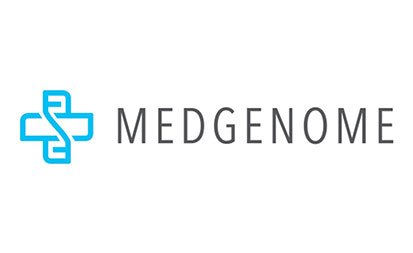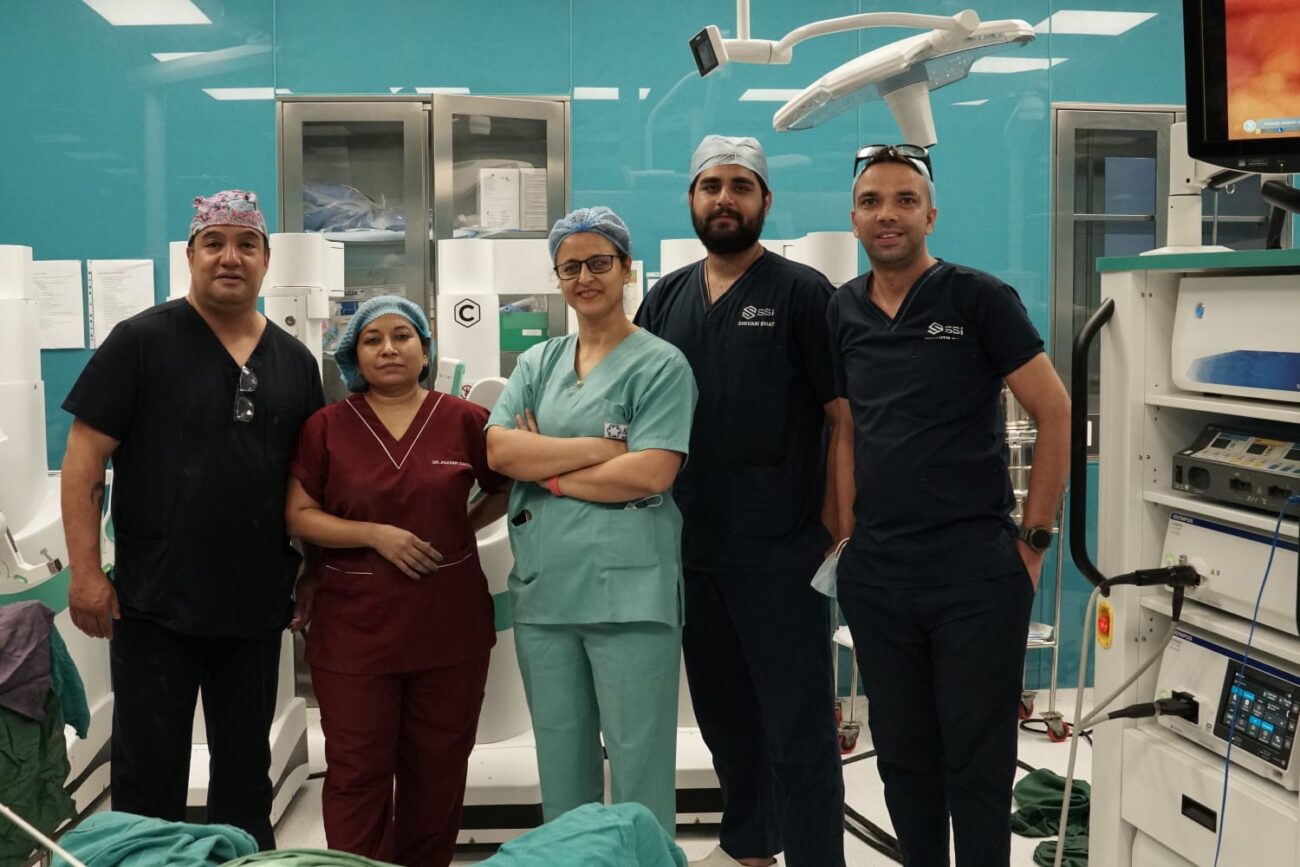Gallbladder cancer vaccine candidates identified
In a paper published in Nature Communications, scientists from MedGenome India/USA, along with an international team of scientists from institutions in India, USA, South Korea, Chile and Australia reported sequencing and analysis of over 150 gallbladder cancer (GBC)

In a paper published in Nature Communications, scientists from MedGenome India/USA, along with an international team of scientists from institutions in India, USA, South Korea, Chile and Australia reported sequencing and analysis of over 150 gallbladder cancer (GBC) samples. Currently there are no targeted therapies for treating this cancer. GBC in the US has a higher incidence among Southwestern Native Americans and Mexican Americans. It is more prevalent in South American countries that include Chile, Bolivia, and Ecuador, and in Asian countries such as Korea, India, Pakistan and Japan.
The team performed a comprehensive genomic analysis and identified several targetable genomic alterations. In particular they identified frequent alterations of the ELF3 gene. They show that the mutated peptides derived from ELF3 have the potential for use as a cancer vaccine to treat GBC patients carrying alteration in this gene.
“I congratulate the MedGenome team and our collaborators on this landmark study that offers new insight and opportunities for combating GBC” said Rayman Mathoda, CEO, MedGenome, USA. She added “Applying our proprietary OncoPeptTM platform, our scientists were able to show the potential for use of ELF3-derived mutant peptides as a cancer vaccine for treating GBC and shows the value of the platform for the identification of cancer vaccine candidates”. “The work deepens our understanding of the underlying genomics of GBC, including the identification of new pathways, immune microenvironment and actionable mutations”, said Eric Stawiski, VP of Bioinformatics at MedGenome, co-first and co-communicating author. The study also reports a new class of hypermutated mismatch deficient GBCs that will likely respond to check-point inhibitors.




